ARM unveils ultra-efficient Cortex-M0+ processor for connected devices
Firm looks to create intelligent devices with 32-bit chip
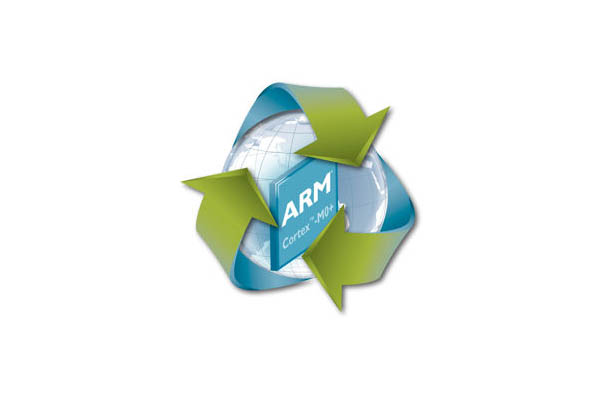
ARM has debuted the ultra-efficient and low-cost Cortex-M0+ processor as the manufacturer aims to kick-start the creation and adoption of connected devices.
The Cortex-M0+ is a 32-bit processor that will enable the creation of always-on "smarter" devices, control systems and intelligent sensors that share information via the internet, the firm said.
The chip builds on technology that was introduced in the Cortex-M0, with ARM adding functionality to increase performance and maximise power efficiency.
ARM expects the processor to be used in a variety of devices ranging from medical equipment to office lighting and household appliances such as fridges. The chip builds on technology that was introduced in the Cortex-M0, with ARM adding functionality to increase performance and maximise power efficiency.
ARM is keen to emphasise that the M0+ processor has the ability to deliver higher performance than commonly used 8-bit and 16-bit chips, whilst consuming 30 per cent less power.
Mike Inglis, executive vice president and general manager of Processor Division at ARM emphasised the firm's commitment to increasing the number of connected devices in use.
"[We] have worked closely with our partners on the definition of the new processor to ensure that it can enable the low-cost devices of today, while also unlocking the potential benefits delivered by the Internet of Things," he said.
Sign up today and you will receive a free copy of our Future Focus 2025 report - the leading guidance on AI, cybersecurity and other IT challenges as per 700+ senior executives
The Cortex-M0+ processor has so far been licensed by two firms. The first is Freescale, a US-based manufacturer, which provides embedded hardware for the industrial, networking, automotive and consumer markets. Dutch-based firm, NXP Semiconductor, which serves multiple markets including industrial, lighting, mobile sectors has also signed on to use the chip.
The announcement of the Cortex-M0+ looks to be a significant step in the creation of a connected world. The preceeding M0 chip had 50 licensees and many of these are expected use the latest version of the processor.
Mobile industry body the GSMA has predicted that the total number of connected devices will explode, rising from nine billion in 2011 to more than 24 billion in the next decade.
ARM is also hoping that the Cortex-M0+ chipset will continue to provide a lucrative revenue stream as it faces increased competition from Intel in the smartphone and tablet market.
-
 I couldn’t escape the iPhone 17 Pro this year – and it’s about time we redefined business phones
I couldn’t escape the iPhone 17 Pro this year – and it’s about time we redefined business phonesOpinion ITPro is back on smartphone reviews, as they grow more and more intertwined with our work-life balance
-
 When everything connects, everything’s at risk
When everything connects, everything’s at riskIndustry Insights Growing IoT complexity demands dynamic, automated security for visibility, compliance, and resilience
-
 Arm launches cloud-based IoT platform
Arm launches cloud-based IoT platformNews The company is hoping to reduce the time it takes developers to get their products to market and lower the costs involved
-
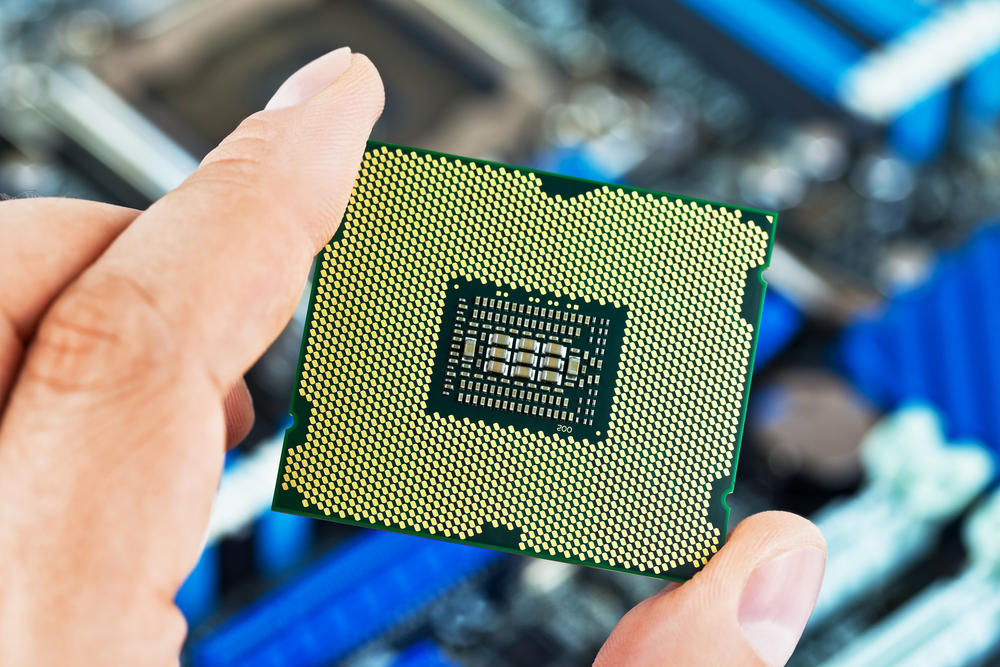 Arm launches its first new chip architecture in a decade
Arm launches its first new chip architecture in a decadeNews Arm v9 promises improved security, better AI performance, and double-digit CPU performance increases
-
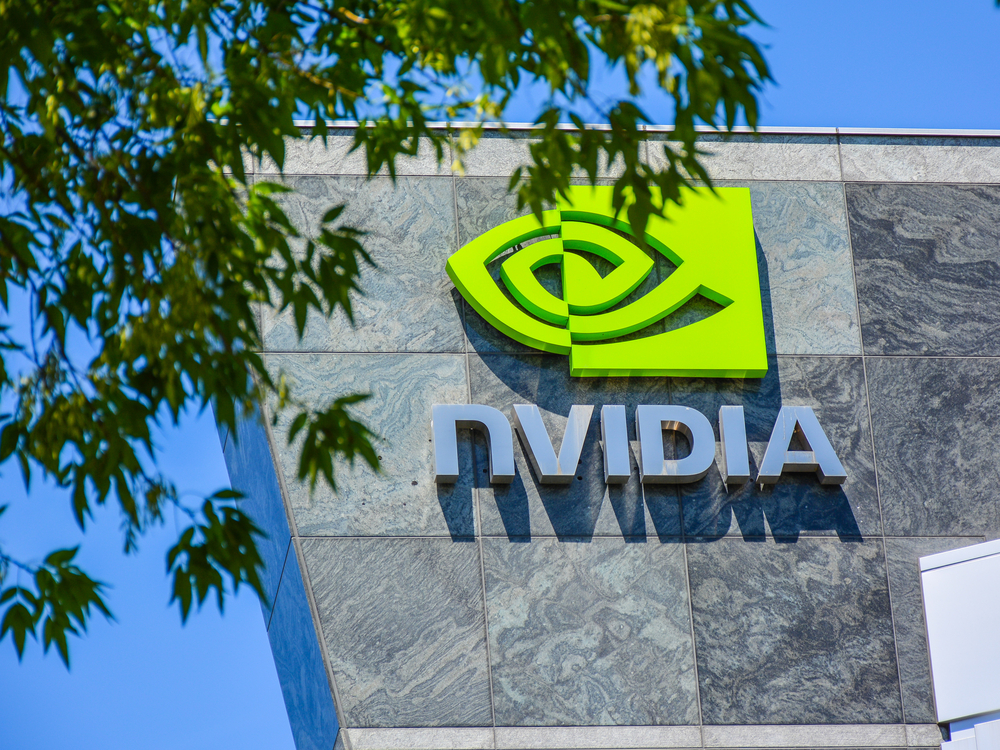 Nvidia is officially buying Arm for $40 billion
Nvidia is officially buying Arm for $40 billionNews Arm co-founder slams the deal as an "absolute disaster for Cambridge, the UK and Europe"
-
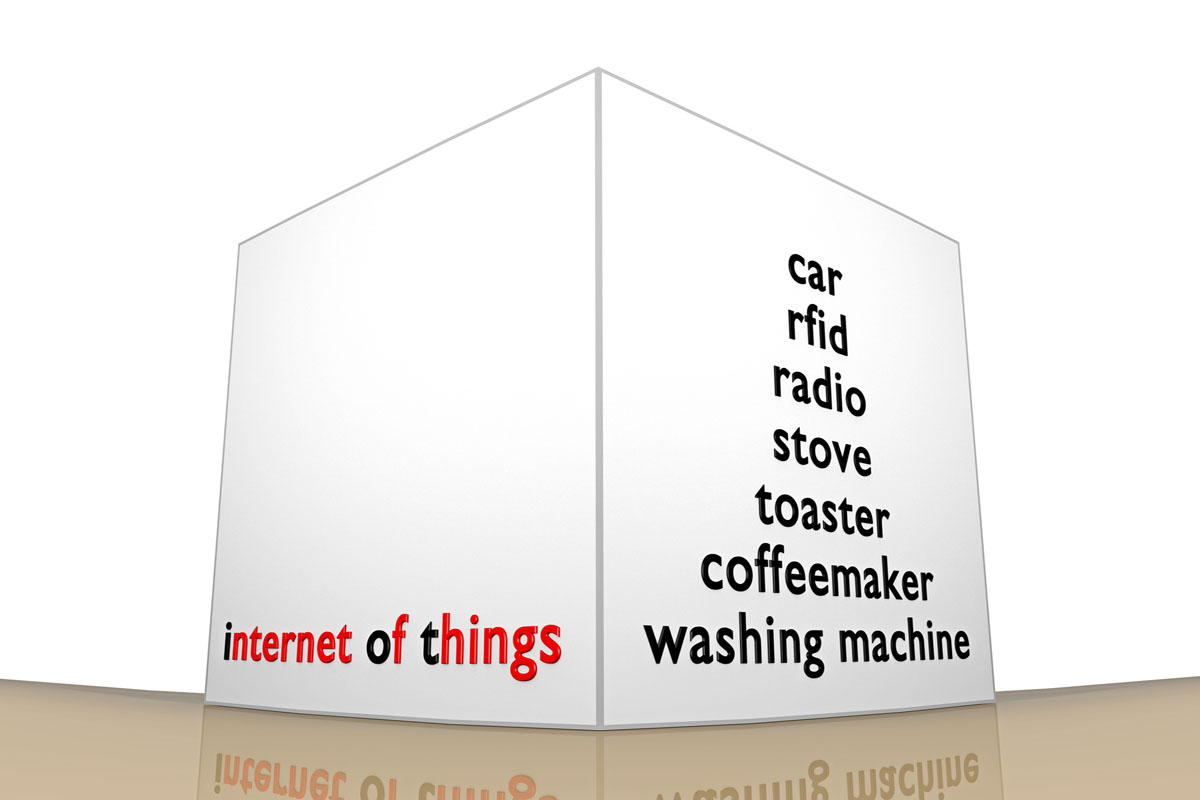 IBM and ARM collaborate on IoT Starter Kit
IBM and ARM collaborate on IoT Starter KitNews The tie-up will offer businesses a means to develop prototypes of new smart devices
-
 ARM buys Internet of Things security company Offspark
ARM buys Internet of Things security company OffsparkNews The collaboration will help ARM build its IoT platform, scheduled to launch later this year
-
 ARM unveils mbed OS for Internet of Things
ARM unveils mbed OS for Internet of ThingsNews Free OS could help developers speed up IoT products and devices, it is hoped
-
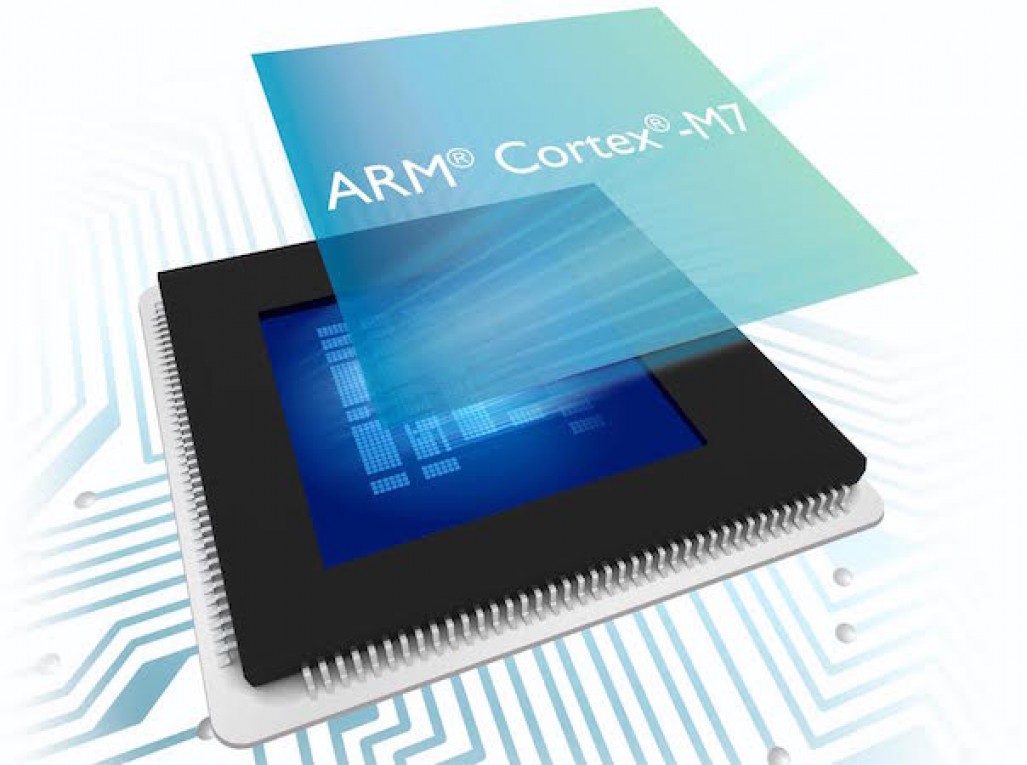 ARM launches chip to power Internet of Things devices
ARM launches chip to power Internet of Things devicesNews Cortex-M7 processor comes with double the compute power, aimed at next generation of smart devices
-
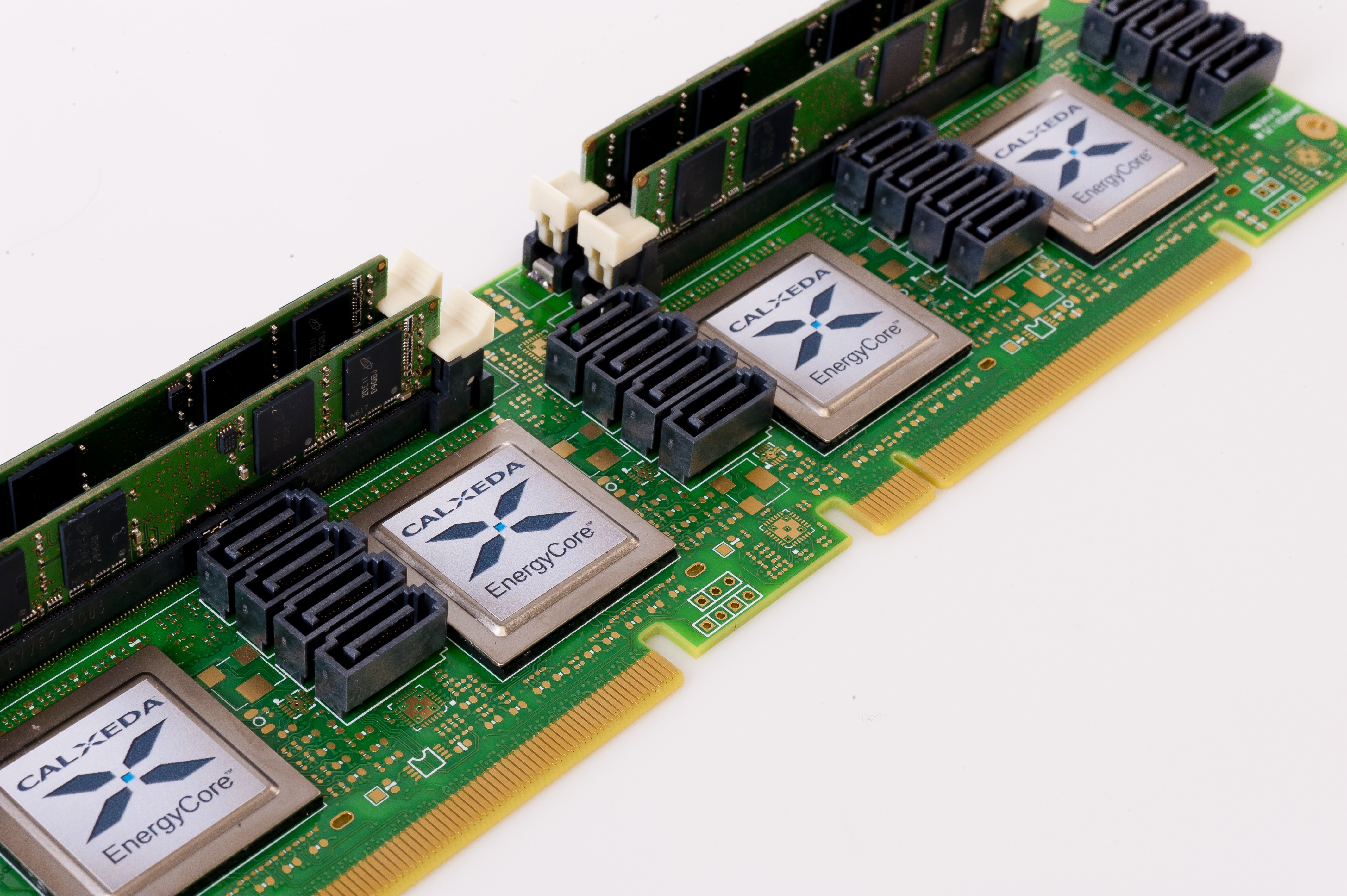 ARM server chip crew Calxeda 'shutting down'
ARM server chip crew Calxeda 'shutting down'News Calxeda runs out of money despite apparent industry interest in ARM servers.